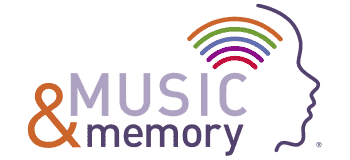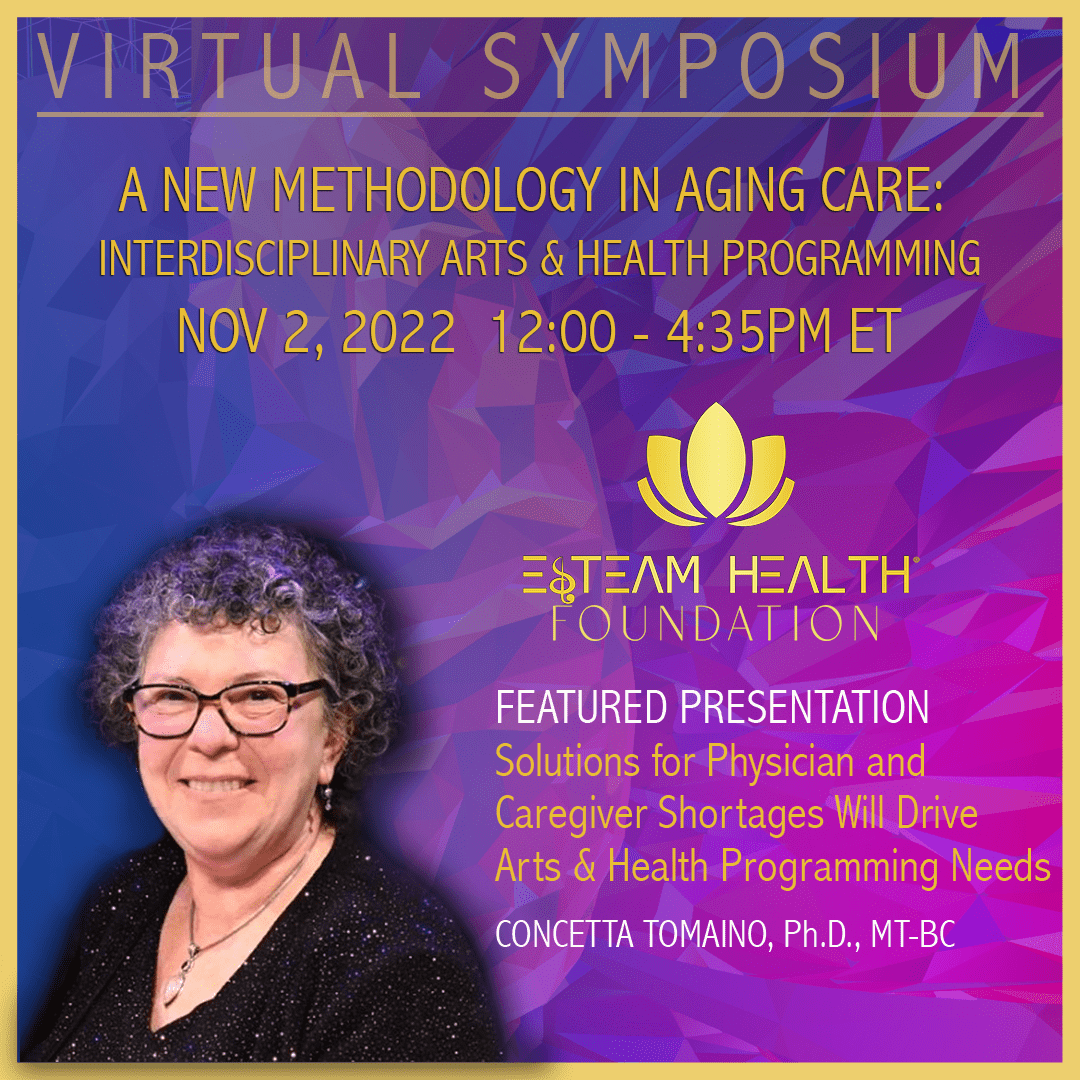As we get older our medical and care needs increase. In the U.S., 70% of Americans who reach age 65 will need long-term services and support. Based upon those projections a national shortage of 151,000 care workers by 2030, and a 355,000-caregiver shortfall by 2040 in the US alone. The Association of American Medical Colleges (AAMC) is predicting a 16% growth in the demand for healthcare services by 2032 and a shortage of up to 124,000 physicians that same year. So what can the population of people who will be most in need of physician care and caregiving services look forward to? We believe it is time for a paradigm shift in how we think about aging care. So we are innovating at the intersection of science, medicine, technology and the arts.
An interdisciplinary body of knowledge is building identifying opportunities to employ these discoveries in sustainable ways so that we can address some of the most challenging problems that we face in eldercare. We know that arts experiences measurably change the body, brain, and behavior, and we are translating this knowledge into specific practices that improve intrinsic capacity, meaning lower resident acuity rates in eldercare. These benefits are expected to create a ripple effect of efficiency improvements that will transform eldercare in ways that are pleasing to insurers, healthcare providers, eldercare organizations, employees and most importantly…residents of eldercare facilities.
Please join MUSIC & MEMORY® Board Member, Concetta M. Tomaino, DA, LCAT, MT-BC, as she speaks on the therapeutic value of music for improving quality of life and care. Registrants for this symposium will have 30 days after the event to watch the recorded sessions.
Register Now
